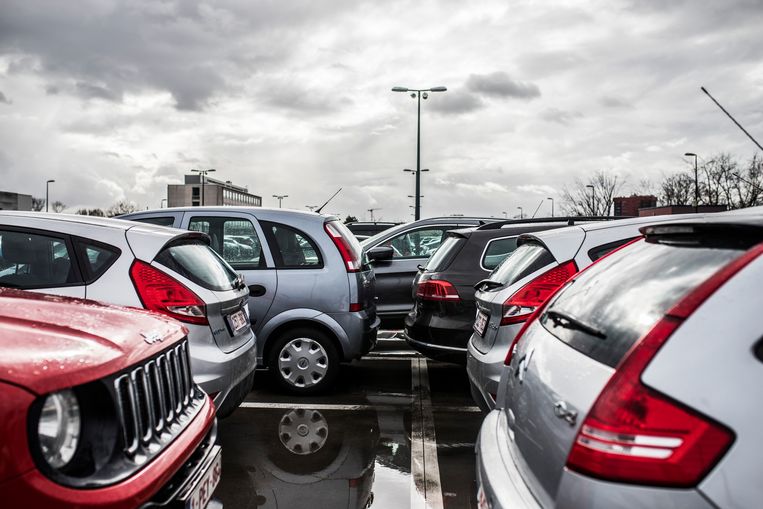Seven experts, mostly economists, have to help De Croo’s government deal with the economic crisis. On Wednesday, Vivaldi received a text and explanations for the first report of the expert group, led by National Bank Governor Pierre Wanche. A final report will follow later this month.
The good news is that, in general, households in our country seem to be well protected from economic shocks, thanks mainly to the automatic wage index. The burden of rising wage costs falls mainly on the businesses. Winch reiterated to the federal government a point he made earlier: The pressure on companies is great, but because of high profit margins, many companies already have buffers to absorb the wage index.
Still, you have to be careful. The energy crisis means a real impoverishment of the Belgian economy. The state finances are also not such that a lot of debt can still be incurred to support the economy. It is now certain that the time has passed when financial markets could almost collect free money due to low interest rates. Therefore, the panel of experts argues in favor of a tighter belt and extreme caution in terms of budget.

So action must be taken. Concretely, the group of experts proposes a series of measures that will help control the impact of the crisis and keep the state treasury afloat. Most notable is the proposal for strict motorway speed limits – a similar proposal by Groen was recently ridiculed. Combined with reducing subsidies on the company’s cars, this should ensure that fewer fossil fuels are used. In the long term, better home insulation is being considered.
In addition, according to experts, the reduction of value-added tax on gas and electricity is not sustainable indefinitely. Once prices return to normal, it is better for the government to compensate for the lower taxes through production charges. However, the group of experts in favor of extending the social rate.
On the financial level, experts argue in favor of faster indexing of wage scales. The employees then have a net residual of their wages. The Organization for Economic Co-operation and Development recently indicated that there are no higher labor taxes than in our country. The federal government has wanted to do something about it for some time, but can’t agree on how to do it.
Prime Minister Alexandre de Croo (Open Vld) wants to take a number of important measures before Whitestrat goes on holiday on July 21, including in terms of purchasing power. An implicit consensus is growing within the coalition to extend the social energy tariff beyond the winter of 2022-2023. The reduced value added tax on electricity can also be kept. Groen and cd&v are already urging to compensate for this with “smart” tax fees, experts also suggest. There is much less consensus about other possible measures, such as new pump cuts and tax cuts.

“Total coffee specialist. Hardcore reader. Incurable music scholar. Web guru. Freelance troublemaker. Problem solver. Travel trailblazer.”







More Stories
Bitcoin price rises after new jobs data from US
European stock markets open higher | beursduivel.be
Russia’s oil imports to China decline